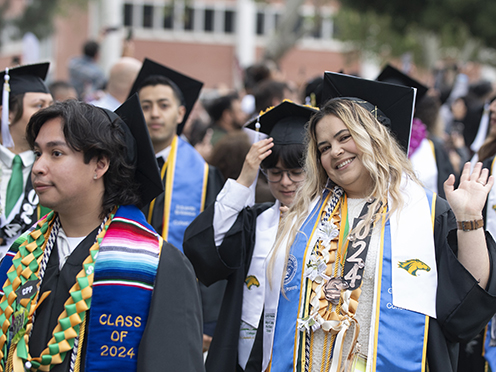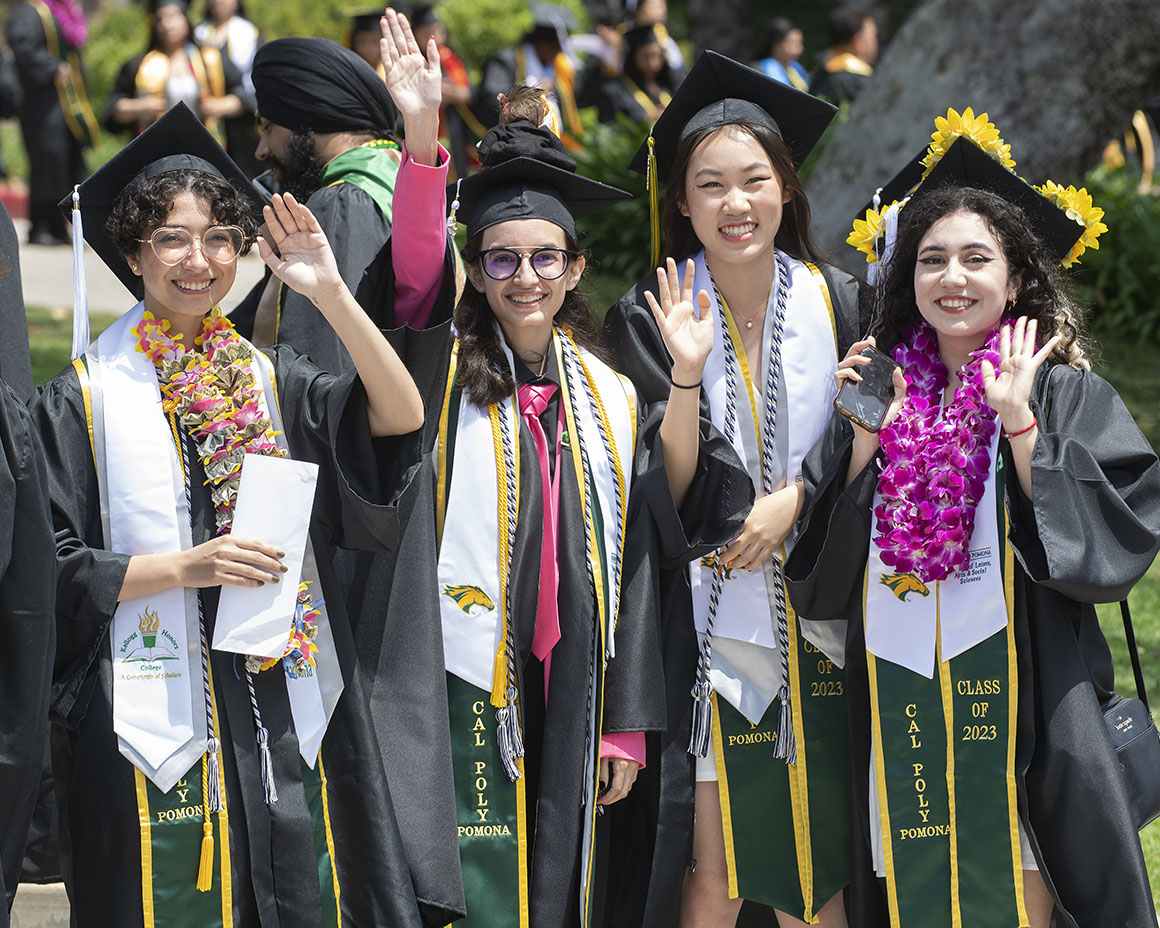
Psychology

Psychology at Cal Poly Pomona
Welcome to the Psychology program. Explore the many dimensions of human behavior while gaining hands-on experience in research and statistics. Our curriculum prepares you for graduate study and a wide range of professional careers.
#2
Top Public University West
U.S. News & World Report, 2026
Explore Our Programs

Alumni Spotlight
A Cal Poly Pomona alumna, Jaydee Tumambing Hughes has built a nearly 20-year career delivering trauma-informed, culturally grounded care to immigrants and women of color. At CPP, she was a Psi Chi leader, researcher, WPA presenter, and worked closely with Dr. Lori Barker. She now serves as Clinic Director at Ellie Mental Health and recently completed her Ph.D.